Online Graduate Certificate in High Leverage Practices to Promote Inclusion
About the Program
The online Graduate Certificate in High Leverage Practices to Promote Inclusion provides the practical tools educators need, in order to implement instructional changes that promote diversity and foster inclusivity in the classroom and within the school culture.
When used together, high-leverage practices (HLPs) and evidence-based practices (EBPs) can become powerful tools for improving student outcomes. This certificate shows the promise of these practices in advancing outcomes for students with varying abilities.
Many states and districts are implementing Multi-Tiered Systems of Support (MTSS) to increase the success of all students. HLPs and EBPs are ideal complementary practices for implementing MTSS.
Contact Us
Have questions about earning your Graduate Certificate in High Leverage Practices online with UMaine? Contact a UMaineOnline advisor.

Student Experiences
Curriculum
The curriculum explores the high leverage practices (HLPs) critical to supporting students’ social and emotional development. Field-based experiences are threaded throughout the program and candidates receive first-hand opportunities to translate research and theory into practice. There are two tracks for the Graduate Certificate in High Leverage Practices to Promote Inclusion.
Admissions
Careers
According to the U.S. Bureau of Labor Statistics (BLS), employment of special education teachers is projected to grow 8% from 2020 to 2030 with about 38,600 openings per year. The median annual wage for special education teachers was $61,500 in May 2020, higher than the median annual wage for all occupations of $41,950.








